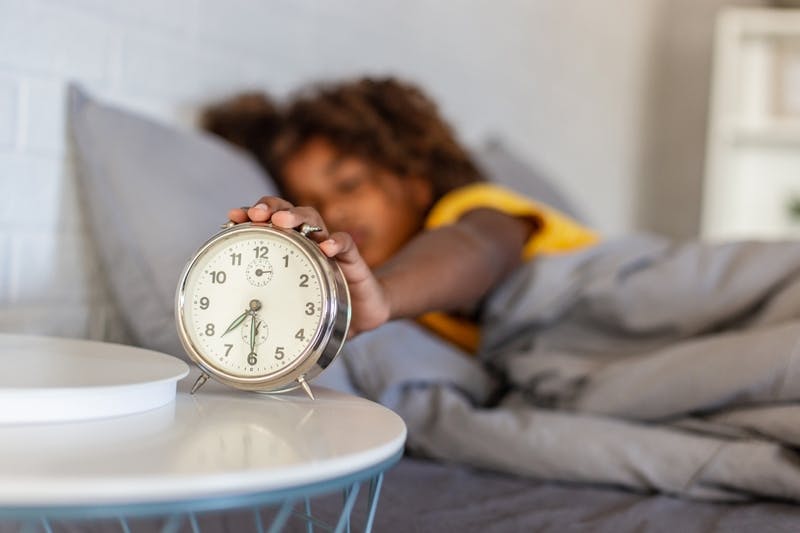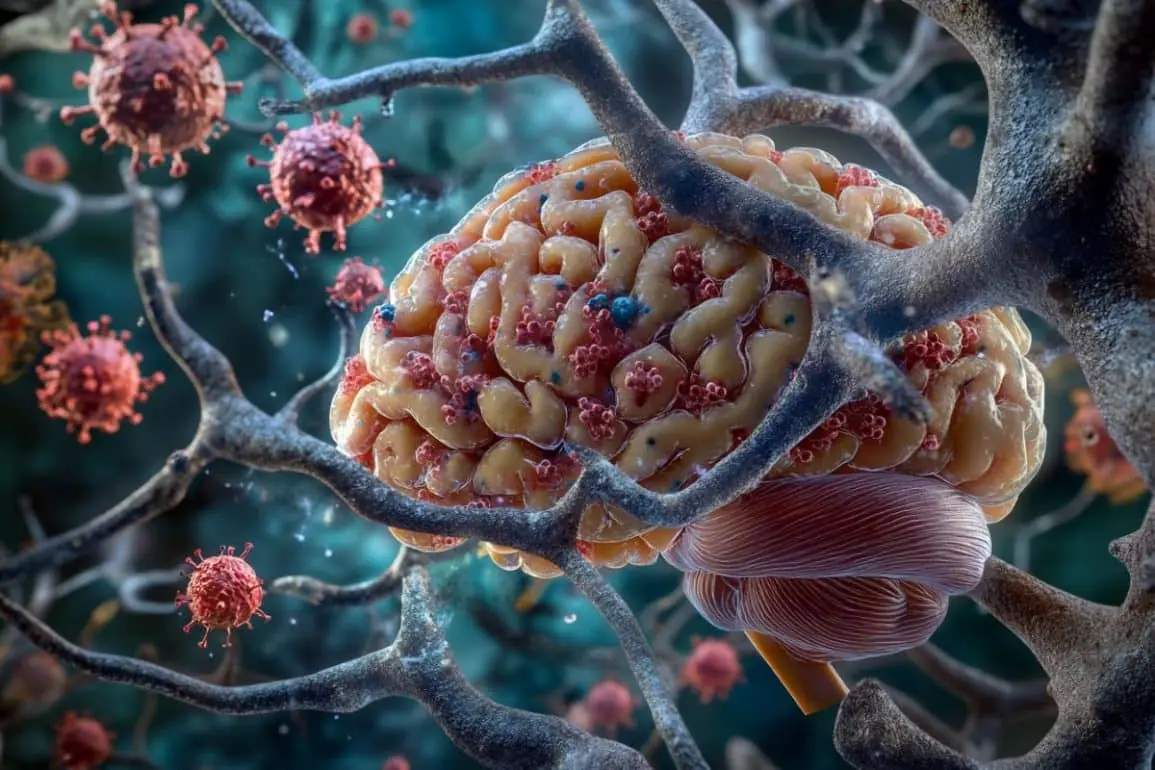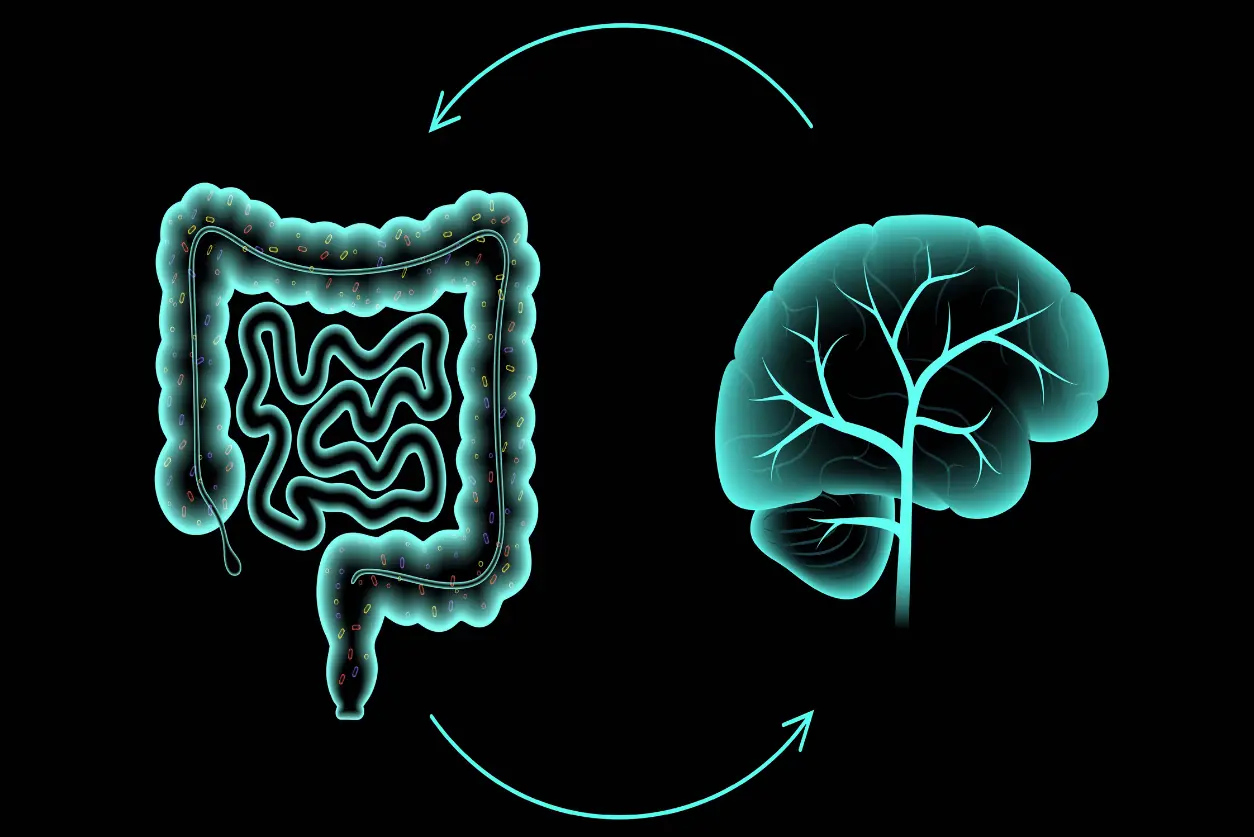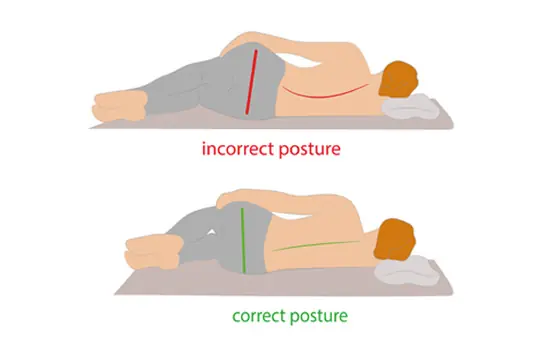
Waking Up After 6 Hours of Sleep? Here's Why—and Whether It’s Enough
Waking Up After 6 Hours of Sleep? Here's Why—and Whether It’s Enough

If you find yourself consistently waking up after just 6 hours of sleep and struggling to feel refreshed, you're not alone. Many people report sleeping less than the recommended 7–9 hours per night, often due to stress, poor sleep habits, or changes in their internal body clock. But is 6 hours of sleep enough—and what does it say about your health?
Why You May Be Waking Up After Only 6 Hours of Sleep
There are several possible reasons why your body is waking up too early, even if you're still tired:
1. Mental Health Issues
Conditions like anxiety, depression, and chronic stress can interfere with your ability to fall into and stay in deep sleep. An overactive mind at night prevents full relaxation, leading to shorter sleep cycles and early awakenings.
2. Poor Sleep Hygiene
Your daily habits play a major role in sleep quality. Using electronic devices before bed, drinking caffeine late in the day, or going to sleep at inconsistent times can disrupt your circadian rhythm and make it harder to stay asleep.
3. Aging and Circadian Rhythm Changes
As you age, your internal clock naturally shifts. Many older adults tend to fall asleep and wake up earlier, often leading to shorter sleep durations that may not feel fully restorative.
Is 6 Hours of Sleep Enough?
The general guideline for healthy adults is 7–9 hours of sleep per night. However, sleep needs can vary based on age, genetics, and lifestyle. Some people function well on 6 hours, but for many, it’s simply not enough.
Signs You’re Not Getting Enough Rest:
-
Daytime fatigue or sleepiness
-
Irritability or mood swings
-
Difficulty concentrating
-
Weakened immune response
If you’re waking up after 6 hours and feel groggy or unfocused throughout the day, it’s likely your body needs more deep, restorative sleep.
:max_bytes(150000):strip_icc()/GettyImages-920554794-a14221688c4b44da9e363797ecc87650.jpg)
How to Improve Sleep Quality and Stay Asleep Longer
If you’re tired of waking up too soon, improving your sleep hygiene and mental health habits can make a big difference. Here are some science-backed strategies to try:
✅ Stick to a Regular Sleep Schedule
Go to bed and wake up at the same time each day—even on weekends—to regulate your body’s internal clock.
✅ Create a Calming Bedtime Routine
Wind down with relaxing activities like reading, meditation, or light stretching instead of screens or stressful tasks.
✅ Limit Caffeine and Alcohol
Avoid stimulants and depressants in the hours before bedtime, as they can reduce sleep quality or cause early waking.
✅ Address Stress and Anxiety
Try journaling, deep breathing, or talking to a mental health professional to ease a racing mind at night.
✅ Make Your Bedroom Sleep-Friendly
Keep your room cool, dark, and quiet, and invest in a comfortable mattress and blackout curtains if needed.
Final Thoughts: Listen to Your Body
While some people can thrive on just 6 hours of sleep, most adults need more to feel their best. If you regularly wake up early and feel drained during the day, it’s worth exploring the root causes of your sleep disruption—and taking steps to restore balance.
News in the same category


A recent study has uncovered a key switch in aging—and it all comes down to a structure inside your cells called the nucleolus

ScienceScientists Say Viral Infections Could Be The Hidden Cause Of Alzheimer’s — 30 Years Of Research Now Validated

🧄🌿 Natural Remedy for Leg Pain, Rheumatism, Varicose Veins & Arthritis with Cloves and Garlic

White Clover (Trifolium repens): 15 Benefits and Homemade Uses

Breakthrough Protein Combo Could Heal Heart Damage and Regenerate Organs

Head Injuries May Reactivate Dormant Viruses and Trigger Alzheimer’s-Like Brain Damage

How Blood Production Changes After 70: New Research Reveals a Surprising Shift

What Is Acid Reflux? Causes, Symptoms, and How to Prevent GERD

AI and Eye Scans: A Breakthrough in Fast, Accurate ADHD Diagnosis

Early Signs of Heart Disease: What Chest Pain, Shortness of Breath, and Swollen Legs Could Mean

Groundbreaking Nanoparticle Technology Reverses Parkinson’s Disease in Stunning Study

This Psychedelic Root from Brazil May Be Able to Treat Depression

Researchers Reveal How Long It Takes To Grow Muscle When Lifting Weights

How Your Gut Bacteria Influence Your Mood, Thoughts, and Mental Health

The Hidden Cost of Anger: How One Minute of Rage Can Weaken Your Immune System for Hours

7 Benefits of Papaya Seeds & How to Consume Them Correctly

Cinnamon Tea: A Timeless Beverage for Health and Wellness

How Sleeping on Your Left Side Can Boost Your Health, According to Science
News Post

Lung Cleansing with a Powerful Natural Garlic Juice

A recent study has uncovered a key switch in aging—and it all comes down to a structure inside your cells called the nucleolus

ScienceScientists Say Viral Infections Could Be The Hidden Cause Of Alzheimer’s — 30 Years Of Research Now Validated

Greece Rocked By Massive Earthquake As Tsunami Warning Sparks Panic

Sun Unleashes Monster Flare As Scientists Say Earth Could Be Hit By Massive Solar Storm Tomorrow

🧄🌿 Natural Remedy for Leg Pain, Rheumatism, Varicose Veins & Arthritis with Cloves and Garlic

Modern House Fires Burn Faster: Why You May Have Only 3 Minutes to Escape

White Clover (Trifolium repens): 15 Benefits and Homemade Uses

A Mom of 7 Demanded My Deaf Grandpa Get Out of the Elevator—So I Brought Her Back to Reality

Could the Sahara Desert Power the Entire World with Solar Energy?

Breakthrough Protein Combo Could Heal Heart Damage and Regenerate Organs

Head Injuries May Reactivate Dormant Viruses and Trigger Alzheimer’s-Like Brain Damage

How Blood Production Changes After 70: New Research Reveals a Surprising Shift

My Ex-husband Got Our House, Car and All Our Money After Divorce – I Laughed Because That Was Exactly What I Planned

My Husband Cheated on Me With Secretary, Then Karma Crushed Him Back

My Husband Didn't Meet Me at the Hospital Discharge with Our Newborn – When I Found Out His Reason, I Went Pale

Mom of Quintuplets Can’t Pay For Groceries, Voice behind Says, ‘Your Bill Is Already Covered’

Drunk Bees? How Fermented Nectar Affects Honeybees in Australia

How Small Earth Is in the Universe—And Why That Should Inspire Us
